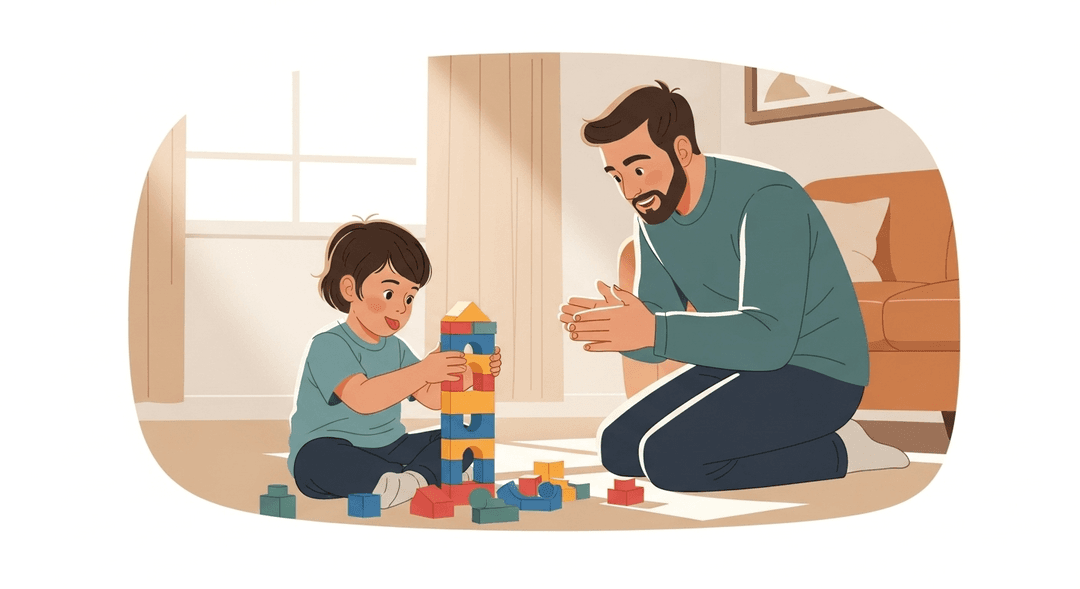Praise Your Child's Effort, Strategies, and Progress (Process Praise) More Than Innate Talent
Ever caught yourself saying, 'Wow, you’re so smart!' only to realize your kid’s now terrified of trying anything remotely difficult? Welcome to the club! If you want less 'I’m a genius!' and more 'I’m a gritty, resilient, unstoppable block-stacker,' it’s time to swap your praise game. Let’s celebrate sweat and strategy, not just sparkly brain cells.
When you praise effort and strategies, you’re basically giving your kid’s brain a growth mindset smoothie—extra neural sprinkles included. It teaches them that skills are built, not born, so they’re more likely to tackle challenges instead of melting into a puddle of 'I can’t.' Bonus: parents feel less pressure to raise the next Einstein and more joy in watching their kid become a try-hard champion.
How to do it
First, catch yourself before you blurt out "you’re so smart!" (It’s okay, we’ve all done it).
Instead, try these steps:
- Pause and think before responding.
- Focus on what the person did, not just the outcome.
- Give specific feedback, such as:
- "I noticed how you kept trying different ways to solve that puzzle!"
- "You didn’t give up, even when it got tough."
- Emphasize the process—effort, strategies, and progress—rather than the end result or the idea of natural talent.
If you slip up and give generic praise, don’t worry. Just try again next time (see what we did there?).
Key Tips:
- Be specific with your feedback.
- Highlight effort and perseverance.
- Encourage trying new strategies.
- Remember, it’s about growth, not perfection.
